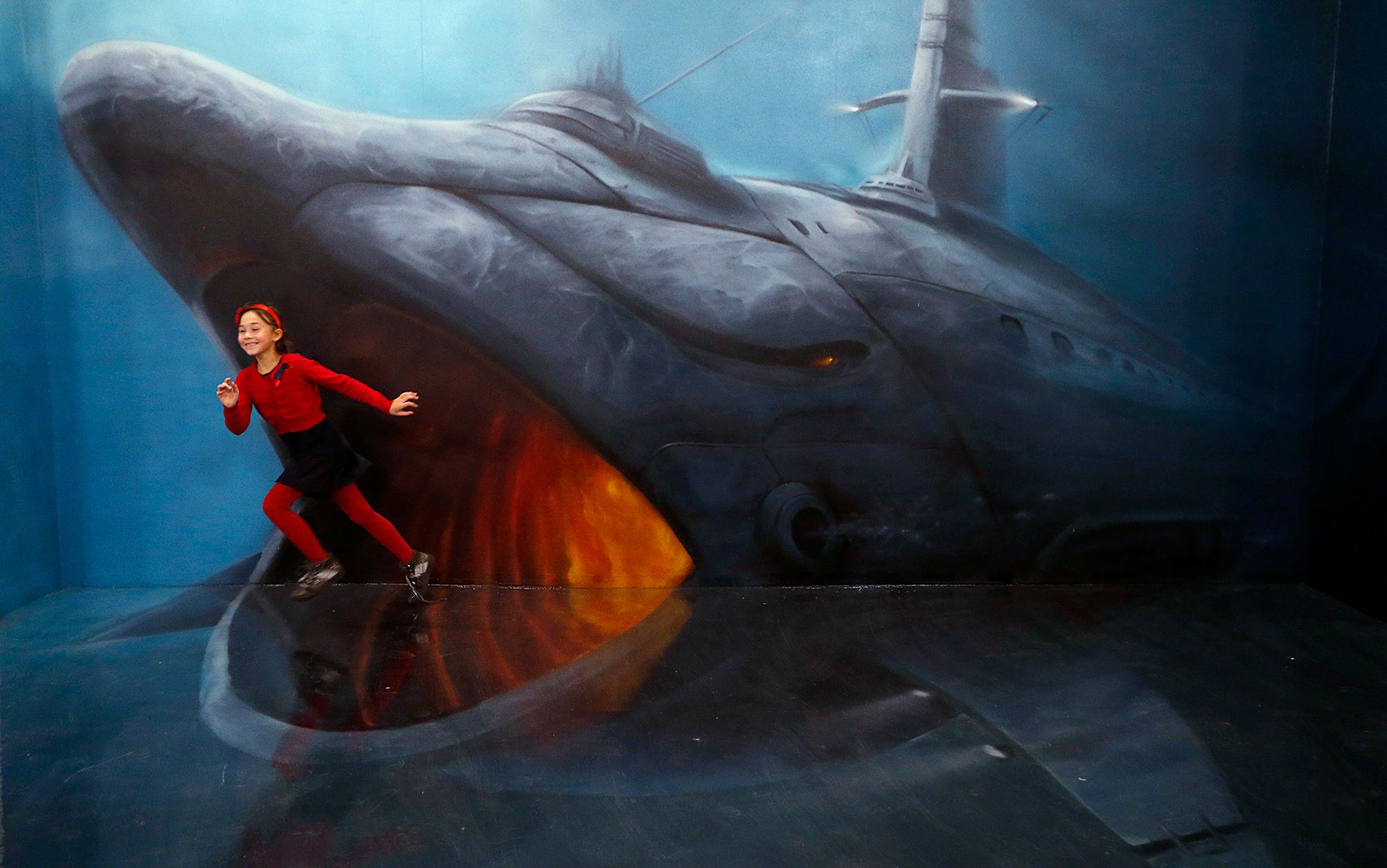
Edition #012 - Webs and Lines
Writing and the Web in the Head
These thoughts were prompted by this piece by Austin Kleon.
It is very much not the whole story of "mind maps" and similar techniques - but surveying that landscape is something for another day.
However, as noted in Edition #011, one of the lower layers of thinking that has been identified is a "web of elements" in the mind. It seems to me that one of the challenges of writing is that it involves taking the web of elements and turning it into a (mostly) linear narrative.
What does writing have to do with thinking? Some people use writing as a way to think things through, but writing is also a key way of communicating our thoughts to others.
If we consider writing as this process of moving from a web to a linear exposition, then it clarifies two basic problems.
Imagination or Homo Imaginatus

I really like this piece which begins to make the case for imagination as key human faculty, as a key part of thinking. So many of the discussions about thinking (especially often "critical thinking") major on what is effectively analysis. I believe imagination is a key building block for thinking that goes beyond analysis to action. Most of all though I would like to emphasise one part of this piece - that imagination is a facility we can all develop, it is not the preserve of "talent" alone.
On Mental Fatigue (Again)

This is an interesting piece because it touches on what may be the effort that makes for fatigue. I have talked about decision/mental fatigue before in Edition #007 & Edition #008. It seems to be quite early stages for this kind of research, but I hold out hope we will begin to get a better picture of mental/decision fatigue.
Interesting Events
- Saturday, 20th November, 1800 London Time (GMT) - The Necessity of the Human Body - In this salon, Ben Fleming discusses the ways we are trying to make the human body obsolete. Is it ethical? Is it even possible? And why do we want to escape our physical bodies? Ben says: "As a personal trainer I have spent a lot of time invested in the human body. I regularly train my body and I teach people to value their bodies and to have an understanding of how it works. But is the body a necessary part of what it is to be a human being?" (interintellect, Online, $15)
- Monday, 22nd November, 1830 GMT - Decision Time -How to Make the Choices Your Life Depends on - Laurence Alison and Neil Shortland have spent over 20 years helping soldiers, police officers, doctors and other professionals in high-stakes environments make tough decisions when lives are on the line. In this livestream event, they will show us how those same decision-making techniques apply to everyday life. (howToAcademy, online, £15)
- Tuesday, 23rd November, 1400 GMT - The Science of Habit and Attention for Critical Thinking - In this session with the Academic Director of the IE Center for Health, Well-being and Happiness, Lisa Bevill, we will delve into the science of habit and how habits are formed, leveraging the science of attention to gain insights around how unproductive behaviors, especially around technology, can settle without even noticing. (Online, Free, Reg Req)
- Wednesday, 24th November, 1830 GMT - Herman Daly's Economics for a Full World - This event—hosted by the University of Surrey (UK) in partnership with York University (Canada) as part of the 2021 ESRC Festival of Social Science—will launch Peter Victor’s new book on the life and work of Herman Daly. Daly is one of very few economists who has worked his whole life on the dilemma of growth and environmental sustainability. (Online, Free, Reg Req)
- Monday, 29th November, 2000 GMT - Daniel Kahneman: Thinking, Fast And Slow at 10 - Join Kahneman with former Guardian columnist and author of the bestselling Four Thousand Weeks, Oliver Burkeman, as they revisit this landmark book and explore the psychology of judgment, human error and bias. He’ll also be answering some of your questions. (The Guardian, Online, £7)
- Tuesday, 30th November, 1700 GMT - Unleashed: The Power of (Re)Thinking - Adam Grant is an expert on opening other people’s minds, and his recent work focuses on unlearning, relearning, and thinking again. Too many of us favor conviction over controversy, status quo over innovation, assumptions over facts, and certainty over doubt. (Online, Free, Reg Req)
- I've noticed that as a number of organisations move back from online to in person events, I'm not seeing as many listings as before. If you're running or even just hear about an interesting event and think it would fit in the listing here, drop me a line!
- And of course, Edition #013 of this newsletter will be out on Thursday 2nd December in the afternoon London time - feel free to share this Edition with a friend before then. ;-)
Mind Atelier Newsletter
Join the newsletter to receive the latest updates in your inbox.






